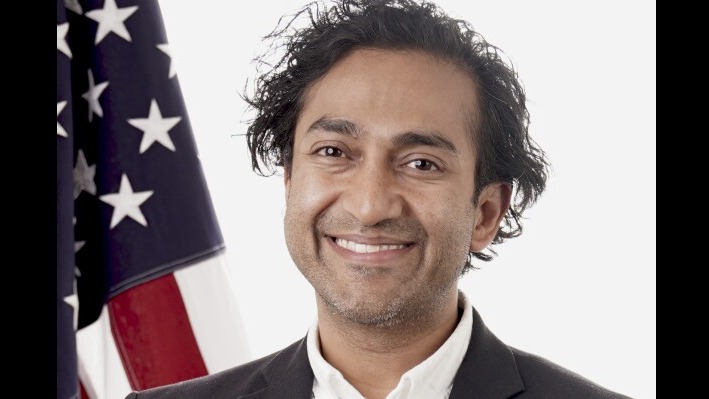
Vinay Prasad's Controversial Return to the FDA: What You Need to Know
In an unexpected turn of events, Dr. Vinay Prasad is back in his role as the chief vaccine regulator at the FDA, just under two weeks after his departure. His resignation, spurred by political and social pressures, has raised eyebrows across the healthcare community and provoked a debate about the role of politics in health policy.
The Background of His Exit
Prasad, who has long been critical of FDA practices, faced significant backlash primarily from conservative groups and biotech executives following his stringent oversight of vaccine approvals. His critics pointed to statements he made about the COVID-19 vaccine's effectiveness as evidence of a biased approach that they felt compromised public health. His insistence on heightened scrutiny led to a significant pause in a gene therapy treatment for Duchenne muscular dystrophy after two patient deaths—a decision that ignited outrage from patient advocates and some libertarian groups who push for less restrictive access to experimental therapies.
Support from Higher Powers
Despite this tumult, Prasad found a champion in FDA Commissioner, Dr. Marty Makary, and HHS Secretary, Robert F. Kennedy Jr. Both have expressed their belief in the importance of being critical of COVID-19 vaccines and ensuring that approvals meet rigorous standards. They argue that Prasad’s stringent regulations are necessary to safeguard the health of American citizens, especially in light of varied reports about vaccine efficacy and safety.
A Balancing Act: Public Health and Political Pressures
Prasad's return highlights an ongoing clash within the FDA itself. As officials aim to facilitate faster access to life-saving drugs, they must also uphold the integrity of public health. The controversy over his leadership style forces a critical examination of how much influence politics should have over pharmaceutical regulations. Some view Prasad as a guardian of public safety, while others see him as an obstacle to accessibility and innovation in medicine.
Future Implications for Vaccine Approval
With Prasad back at the helm, the FDA’s approach to vaccine and drug approvals is likely to remain stringent. This could mean longer wait times for new medications but potentially safer interventions. The tussle between maintaining rigorous standards and speeding up access to much-needed therapies is a delicate one—one that is particularly crucial amid ongoing global health threats.
What's Next?
As we watch Prasad navigate the complexities of his new-old role, it is essential to stay informed about the implications this has for both current and future healthcare policies. With ongoing discussions regarding the safety and efficacy of vaccines, everyone—from patients to politicians—has a role to play in ensuring that public health interests are prioritized. Keep an eye on upcoming decisions from the FDA that could have lasting impacts on vaccine approval processes and public trust in health agencies.
 Add Row
Add Row 

 Add
Add 


Write A Comment